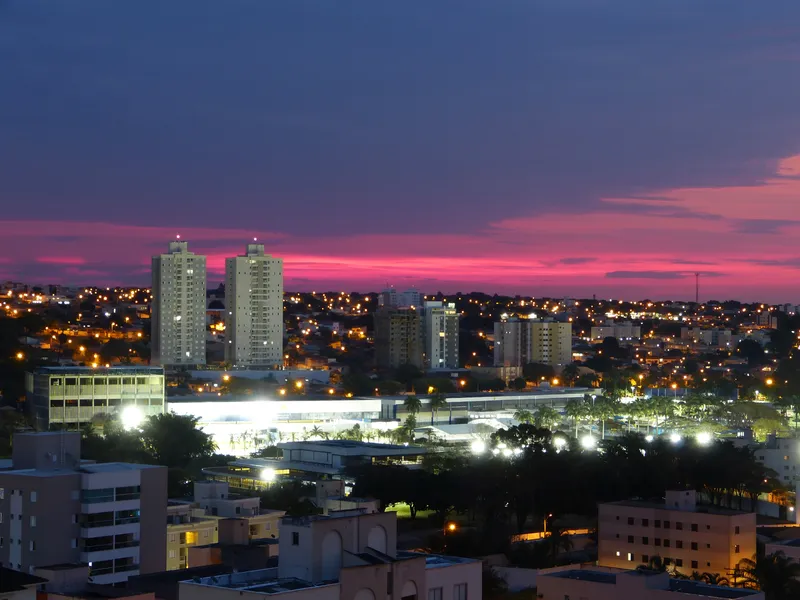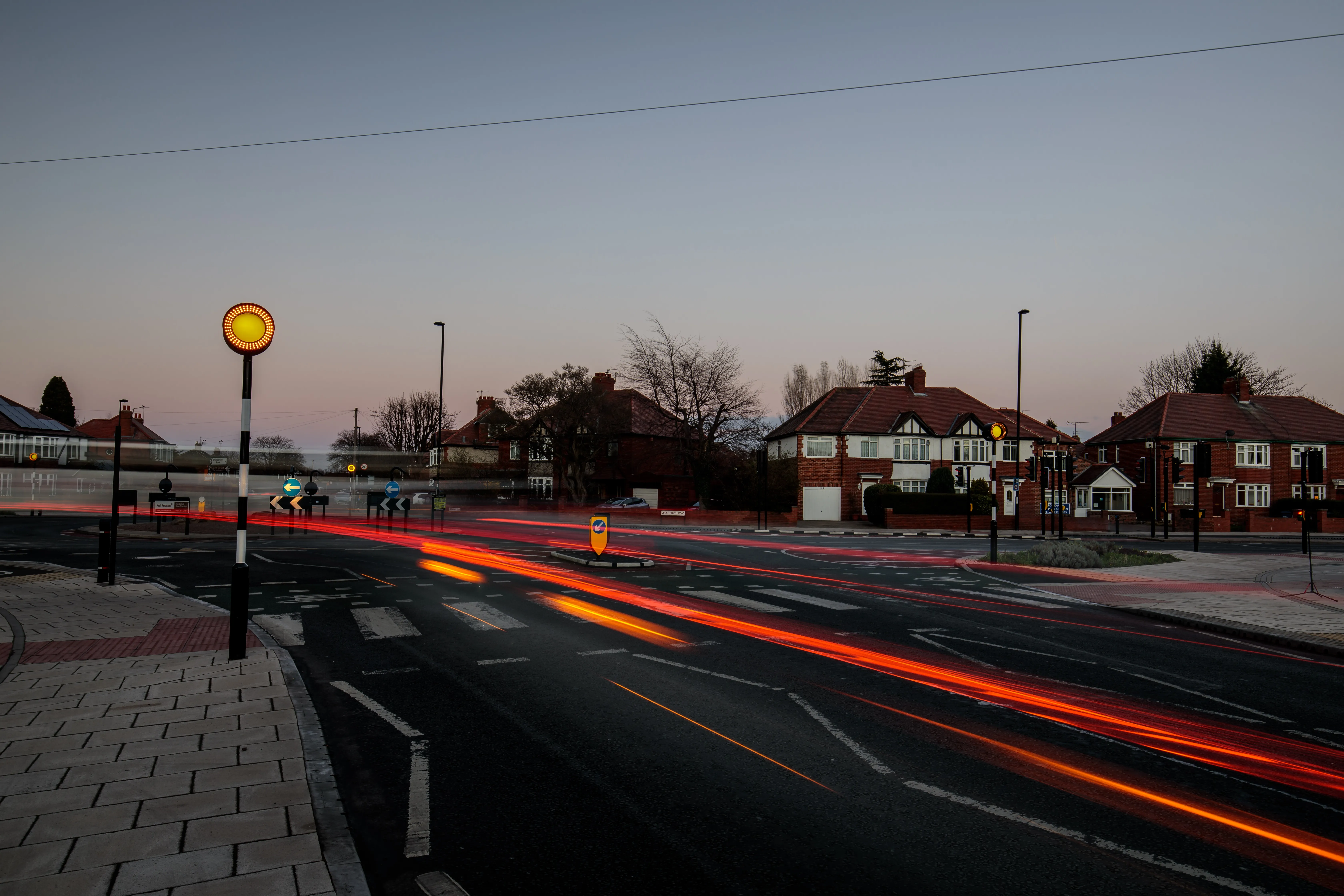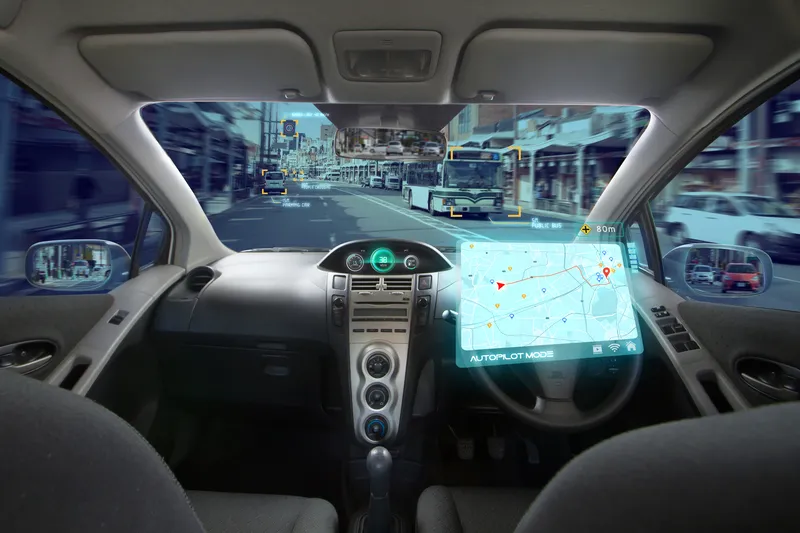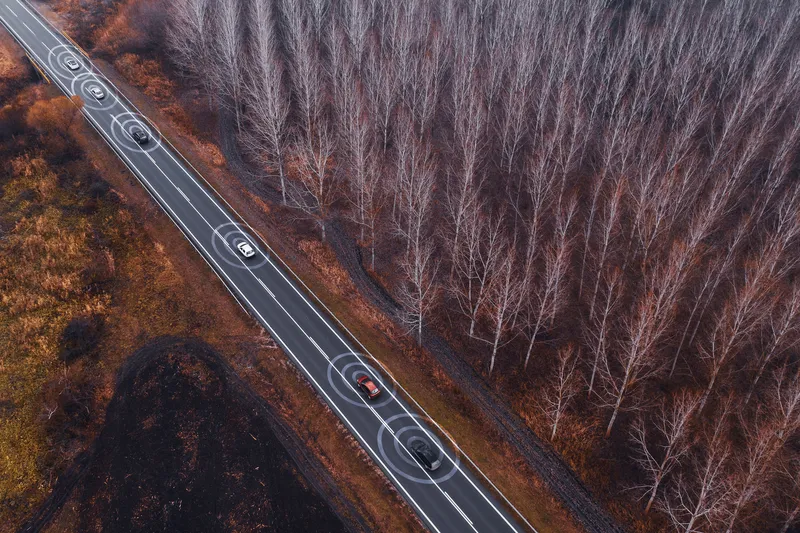
Telensa has joined forces with its Brazilian partner Novakoasin to connect nearly 22,000 streetlights as part of a modernisation programme
The partners will roll out smart streetlighting in Uberlândia - in the state of Minas Gerais in southern Brazil - using Planet, Telensa's central management solution (CMS).
Planet is an intelligent street lighting system in which wireless nodes connect individual lights across a dedicated wireless network into a cloud-based software platform.
It will help to reduce the amount of energy used by the municipality’s streetlights and lower carbon emissions, the company says, as the CMS provides central, remote control, automatic fault detection to help make streetlight maintenance more efficient.
The company says Planet comes with ultra-low power and bandwidth consumption and an advanced control set to maximise savings.
Last year, Telensa combined Planet with Yotta's Alloy platform to help users control groups of streetlights and other wirelessly connected sensors.









